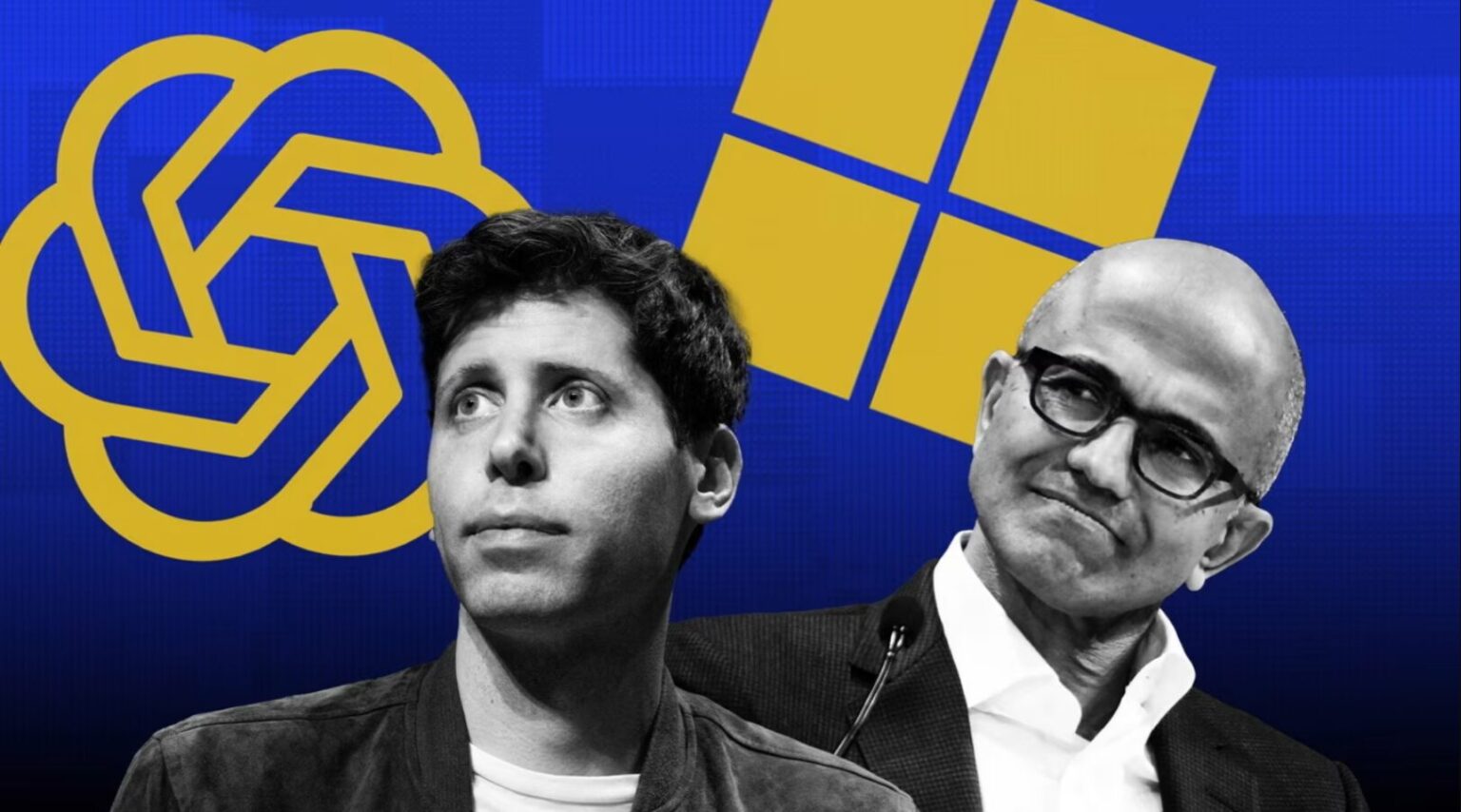This clause specifies that if OpenAI successfully develops artificial general intelligence (AGI)—a machine with capabilities akin to the human brain—Microsoft would lose access to OpenAI’s technologies. Originally designed to prevent any potential misuse of an AGI by a corporate partner, this clause now appears to be a potential strategic weapon for OpenAI.
According to insiders, OpenAI is allegedly threatening to trigger the “AGI achieved” clause as a way to renegotiate more favorable terms, particularly around the computing prices it pays to Microsoft. With computing costs predicted to soar in the coming years, OpenAI’s leadership sees this loophole as critical leverage to escape the exclusivity of their current contract and explore more affordable alternatives. Whether this is a serious threat or a negotiation tactic remains to be seen, but it adds a new layer of complexity to the relationship between the two companies.
Internal Tensions: A Struggling Relationship
The strain between Microsoft and OpenAI has extended beyond financial matters. Internal disagreements between employees of both companies have worsened the situation. A particular source of frustration for OpenAI has been Microsoft’s hiring of Mustafa Suleyman, the former CEO of Inflection. Suleyman now leads a new group at Microsoft that focuses on developing AI technologies that could eventually replace those provided by OpenAI.
According to insiders, tensions boiled over during a recent video call when Suleyman reportedly yelled at an OpenAI employee for not delivering technology quickly enough. There have also been complaints about Microsoft engineers downloading OpenAI software without adhering to agreed-upon protocols, further exacerbating the friction.
These incidents have raised concerns within OpenAI that Microsoft may not be fully committed to supporting their mutual goals, instead focusing on its long-term strategy of developing alternative AI solutions.
The Search for Alternatives: OpenAI Broadens Its Network
As its relationship with Microsoft frays, OpenAI has begun seeking new partners to reduce its reliance on a single entity for computing power. In June, the company made a significant move by signing a $10 billion deal with Oracle, allowing it to access additional computing resources. This deal marked a shift in OpenAI’s strategy, as it works to lessen the financial burden of relying solely on Microsoft for infrastructure.
Additionally, OpenAI has actively sought strategic investments from companies such as Nvidia and MGX, which bring more than just financial backing. Nvidia, for instance, provides the highly specialized chips essential for building advanced AI models, while MGX offers support for OpenAI’s ambitious plans to construct new data centers worldwide.
While OpenAI remains committed to its partnership with Microsoft, the company is clearly preparing for a future in which it isn’t solely dependent on the tech giant. As Sam Altman, OpenAI’s CEO, said, “We are excited and committed to pursuing our shared vision and achieving even greater things together far into the future.” Yet, behind the scenes, OpenAI is diligently working to expand its horizons.
The Long-Term Implications: What’s Next for AI Development?
As the partnership between Microsoft and OpenAI faces challenges, the broader AI landscape is also shifting. Companies are recognizing the importance of not putting all their eggs in one basket, especially when it comes to critical resources like computing power. For OpenAI, securing new investors and alternative infrastructure is a way to future-proof its operations.
Meanwhile, Microsoft is positioning itself to remain a key player in the AI space, even if its relationship with OpenAI eventually falters. By investing in competing companies and developing its own in-house AI solutions, Microsoft ensures it won’t be left behind in the race to build the next generation of AI technologies.
For AI startups, the situation highlights a critical challenge: reliance on tech giants can offer substantial benefits in the early stages, but as these companies grow, they need to balance those relationships with strategic independence.
Conclusion: The Future of Microsoft and OpenAI’s Partnership
The once-unbreakable bond between Microsoft and OpenAI is showing signs of strain, driven by financial pressures, internal disagreements, and the shifting dynamics of the AI market. With the looming threat of OpenAI triggering its “AGI achieved” clause to renegotiate its deal with Microsoft, the stakes in this high-tech partnership have never been higher.
Whether the two companies can navigate their differences and continue collaborating or decide to part ways, the outcome will shape the future of AI development for years to come.
